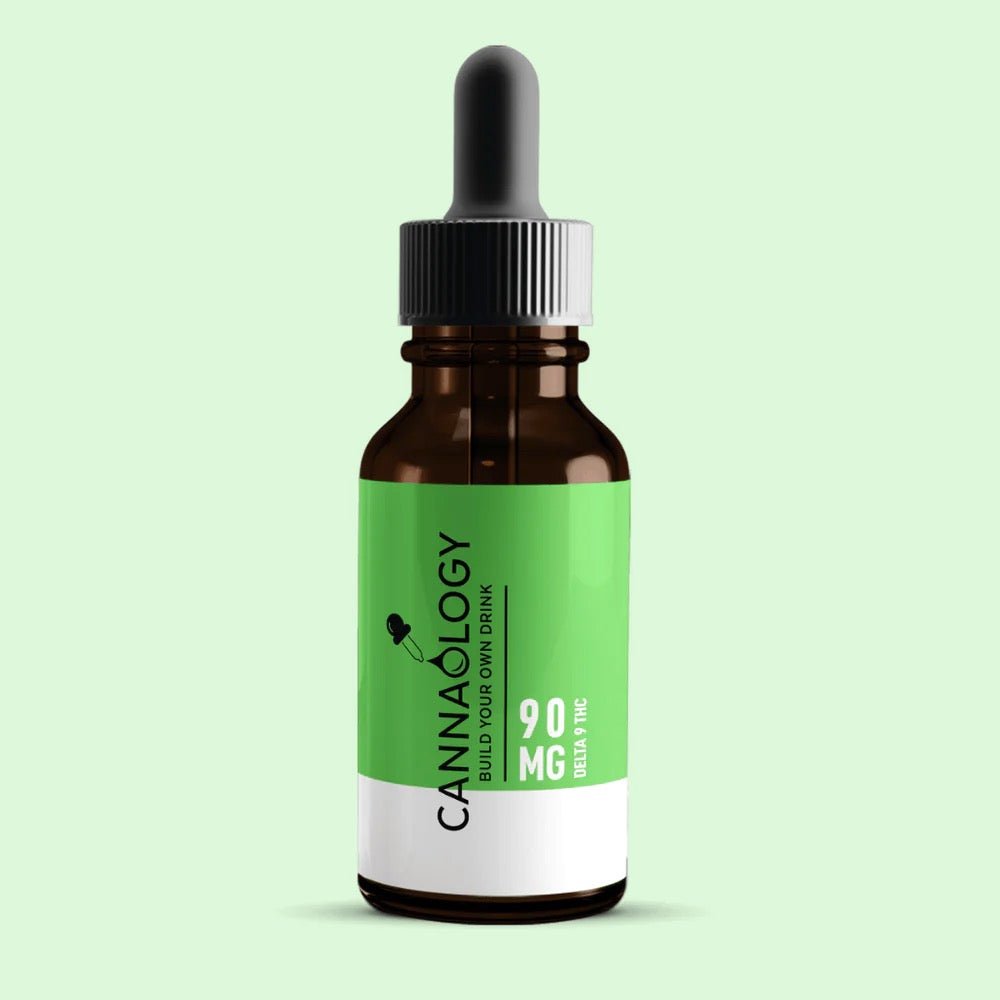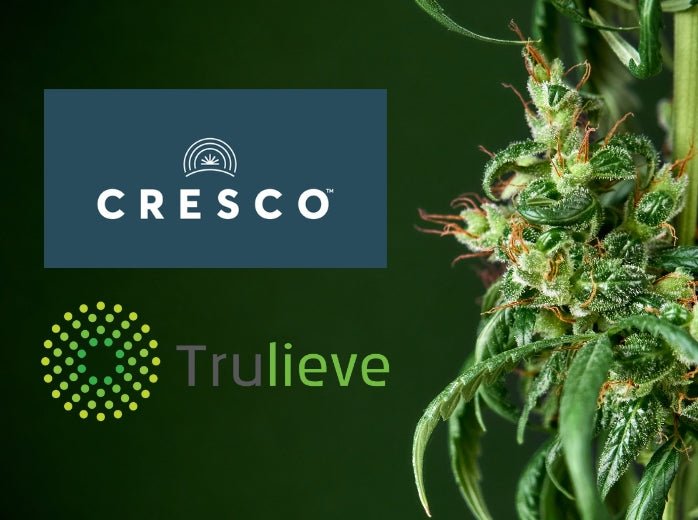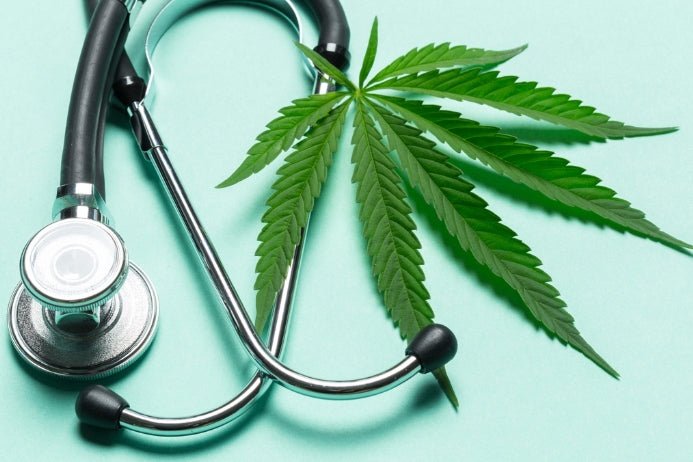The state recently recalled over 45,000 products containing the controversial hemp derivatives to try and stem the flood of predominantly unregulated items.

The use of hemp-derived intoxicating cannabinoids is once again at the center of a new legal controversy. This time, the battle is taking place in Missouri. According to multiple media outlets, the state's Division of Cannabis Regulation (DCR) revoked the marijuana manufacturing license of Robertsville-based Delta Extraction for its illegal importation of cannabis from out-of-state producers, which it subsequently sold alongside Missouri-cultivated marijuana. The DCR also indicated that Delta Extraction products violated other state regulations.
Delta admitted to buying materials from other states. However, company officials say those imported items were hemp-derived THC-A, a compound synthesized from hemp and used to manufacture high-yielding delta-9 THC products. The company's primary argument against the recall and alleged misconduct is that the state has no legal grounds for banning the products because hemp is federally legal.
Along with the allegations of illegal importation, the DCR also contends that state regulators could not ensure that imported items were adequately tested. Likewise, the agency claims that Delta falsified product tracking records and failed to provide adequate surveillance footage or maintain the necessary safety protocols to prevent break-ins at its production facility.
On August 14, DCR officials initially attempted to recall more than 62,000 products. However, regulators later reduced that number to the 45,000 items currently under suspicion. The fate of those products will be debated and determined before the Administrative Hearing Commission in December when Delta's license revocation appeal will take place. If the Commission orders the products be destroyed, the result could mean substantial financial losses for dozens of similar marijuana businesses utilizing THC-A from hemp.
In its appeal of the license revocation, lawyers for Delta Extraction argue that the state did not explicitly prohibit adding hemp-derived THC-A to existing marijuana products until the DCR's final rules went into effect on July 30. Chuck Hatfield, Delta's attorney, stated the agency never expressly communicated that adding THC-A was against the rules until Delta's suspension in August.
"The department's actions are illegal and unfounded. The issue stems from Delta using legal hemp products in its legal marijuana products," Hatfield said.
"The department's actions are illegal and unfounded. The issue stems from Delta using legal hemp products in its legal marijuana products."
- Chuck Hatfield, Attorney for Delta Extraction
In response, state officials insist that emergency rules filed on January 20, 2023, prohibited the practice long before Delta's license suspension.
"We must be clear on this: Businesses that choose to participate in Missouri's marijuana industry do not get to decide which rules they want to follow," said Amy Moore, director of DCR.
"We must be clear on this: Businesses that choose to participate in Missouri's marijuana industry do not get to decide which rules they want to follow."
- Amy Moore, Director of the Missouri DCR
Hatfield indicated that Delta also intends to challenge the DCR's authority to regulate hemp-derived products. However, the courts won't hear any legal arguments against the state until after the appeal proceedings over Delta Extraction's license revocation.
The Missouri case is very similar to a recent ruling in Arkansas, where U.S. District Judge Billy Roy Wilson issued a preliminary injunction blocking the enforcement of a new law to ban the sale of the intoxicating hemp-derived variants ruling that cannabinoids, like THC-A. In his decision, Judge Wilson stated that hemp-derived derivatives are protected under the 2018 Farm Bill.
As part of his ruling, Wilson said that while the state can enact restrictive measures on the cultivation and production of hemp and hemp products, limiting or inhibiting the transportation of those items violates federal law. He also pointed out the erratic nature of the legislation, where lawmakers seemed to "keep the parts of the program it likes (purely industrial uses) and eliminate the parts it doesn't (human consumption)."
"Arkansas law criminalizes hemp-derived products without an effective exemption for interstate commerce," Wilson said.
"Arkansas law criminalizes hemp-derived products without an effective exemption for interstate commerce."
- U.S. District Judge Billy Roy Wilson
Despite Wilson's definitive conviction in upholding the legality of hemp-derived cannabinoids, many states are having to confront the issue of predominantly unregulated hemp-based intoxicating variants. The passage of the 2018 Farm Bill, which did legalize hemp and its byproducts, left a tremendous amount of uncertainty and interpretation for health officials, state regulators, and the legal system to sort out.
Many lawmakers and industry stakeholders hoped the 2023 Farm Bill would address the loopholes and vagaries left behind by the 2018 measure. However, with the current bill's recent extension signed by President Biden this week, doubt and frustration are growing regarding the future of hemp and its intoxicating byproducts.
Congress now has less than a year to revisit, revise, and renew the mega-spending agricultural program. As of 2022, the hemp industry was already worth more than $28 billion, and those in charge of its future must ensure its survival by keeping hemp legal, regulated, and safe for decades to come.







































